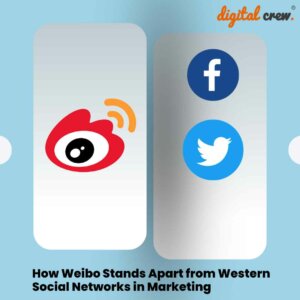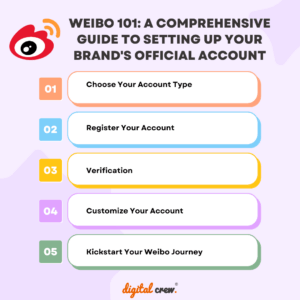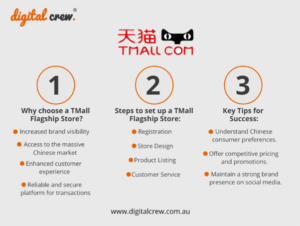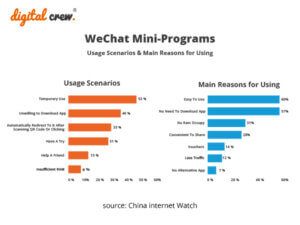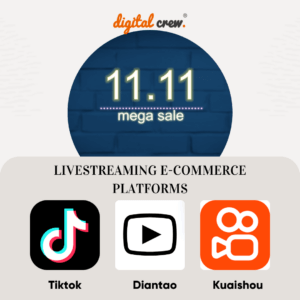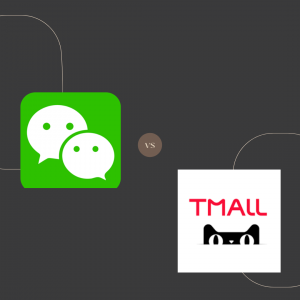With over 1.2 billion users, Tencent’s WeChat is one of the social media platforms that brands and retailers cannot afford to ignore when entering and expanding into the Chinese market. Dubbed as a “super-app”, WeChat users can buy movie tickets, book flights, hail a taxi, and make purchases all within the app. From public accounts to mini-programs, WeChat has proven to be a gold mine for brands that understand how to navigate Tencent’s ecosystem and a challenge for those who don’t.
Recently, Tencent has launched a new feature called “Minishop” (小商店), which aims to help brands and retailers build virtual shops on WeChat. What exactly is the Minishop? How does it work? How does it differ from other existing social and marketing functionalities on WeChat?

Minishop is WeChat’s free, easy-to-use e-commerce mini-program
Before we get into Minishop, let’s get familiarized with WeChat’s Mini-program. In 2018, WeChat added the mini-program feature to the application, which are “mini applications” built and accessed within WeChat. In less than two years, nearly 200 WeChat mini-programs have managed to reach a milestone of accumulating over five million monthly active users. The total amount of global transactions made on mini-programs reached 800 billion yuan in 2019.
Despite the success of some businesses, mini-programs also present challenges to some brands and retailers. One of the biggest downsides is that businesses need to develop mini-programs and related advanced features by themselves or via third-party companies. Mini-programs have to be developed using a specific coding language required by Tencent, limiting many businesses’ capacity in taking full advantage of the feature.
In contrast, WeChat Minishop requires minimal to no investment in technologies and development capacities. Launched on July 14, 2020, Minishop is an e-commerce-oriented mini-program developed by Tencent that enables businesses to set up an online store on WeChat within just a few clicks.
Like other mini-programs, vendors can access Minishop via WeChat Search or mini-program search page simply by typing “小商店” (minishop) or “小商店助手” (minishop helper) for exact match. Similarly, users can search for a specific Minishop by typing its name on WeChat Search or mini-program search page.
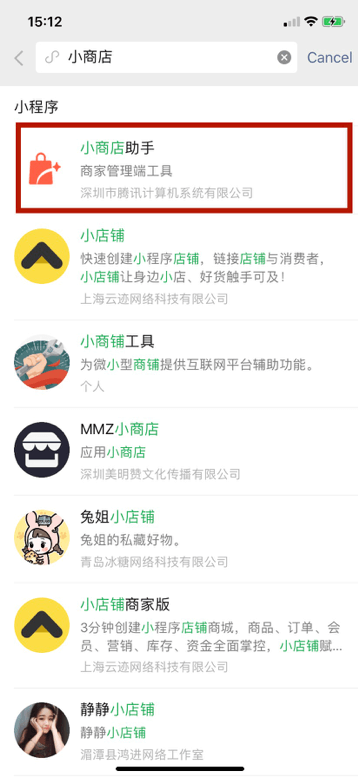
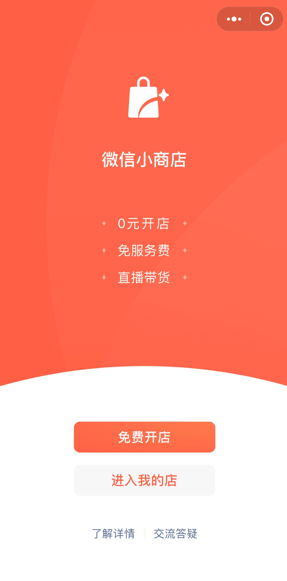
Tencent has been relatively low-key about this new feature as it is still a beta version. Based on currently available information, it seems that the process of setting up a virtual store via Wechat Minishop will be as straightforward and smooth as setting up a store on JD.com or Alibaba’s Taobao, two of China’s most popular e-commerce sites.
Vendors can post a product, manage orders and transactions, and offer customer services all within this one mini-program. Minishop supports over 1500 categories of goods including pet supplies, home appliances, cellphones, digital devices, office supplies, clothing and so on.
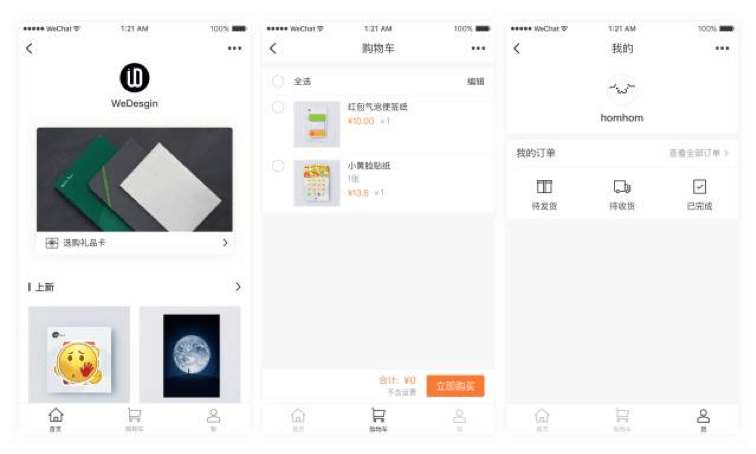
To standardise Minishops and control product quality, vendors need to follow WeChat’s policy of logo usage. When opening a Minishop, vendors need to choose among the following three categories:
- Brand owner (most existing and established brands fall into this category)
- Licensing agents of a brand (suitable for retailers)
- No brand (most individual and small vendors fall into this category)
It’s also a live-streaming venue for vendors
What’s worth noting is that vendors will also be able to live-stream via WeChat Minishop, signaling Tencent’s determination to join the e-commerce live-streaming market and compete with its long-time rivals such as Alibaba and ByteDance.
Live-streaming e-commerce in China has witnessed a tremendous growth in recent years even before the COVID19 pandemic. In 2018, e-commerce live-streaming generated over US$14 billion in transactions on Alibaba’s Taobao. Livestream stars such as Viya and Jiaqo Li reached celebrity status as millions of fans watched their live-streaming sessions on Taobao Live. Not only are e-commerce giants determined to expand their live-streaming ecosystem, but international brands and retailers are also eying to leverage livestreaming to promote their products. It is expected that e-commerce transactions via live-streaming in China will more than double in 2020. Tencent is expected to roll out more advanced features for WeChat Minishop. It is not yet clear what live-streaming on WeChat Minishop entails or whether it is significantly different from Kandian Live-stream on Tencent Kandian, a cross-platform news feed service accessible via WeChat, QQ, and other Tencent products. Based on the minishop example offered by WeChat and some existing minishops, users will be able to purchase a product mentioned during a live-streaming session as well as view a list of products featured in a live-streaming session after the session is over. Since the feature is built into WeChat’s ecosystem, we expect that WeChat minishop will create a smoother and more seamless experience for WeChat users to browse and shop for goods all within the app.
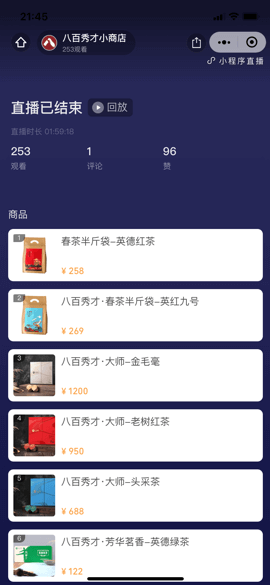
As of now, only a handful of minishops are publicly accessible on WeChat partly because vendors are still exploring and experimenting with this new feature. To give you an idea of what a minishop looks like on WeChat, below is an example of a minishop run by a tea brand in China. Users can watch live-streaming sessions, browse products by category, edit shopping cart, and manage purchase orders within the minishop.
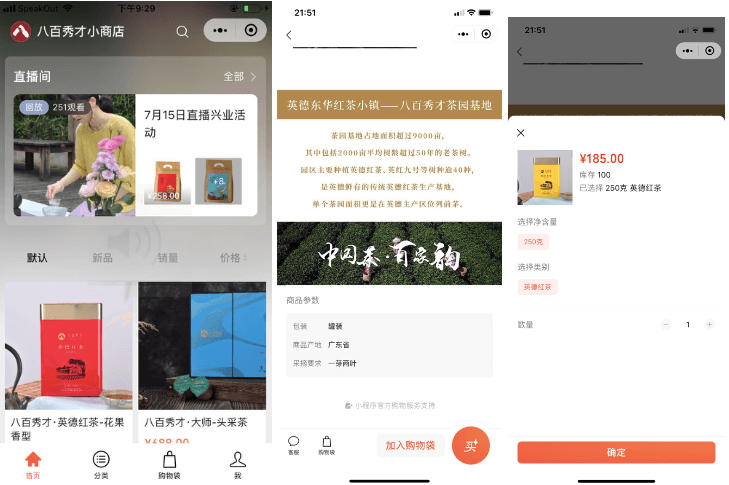
Who can run a WeChat minishop?
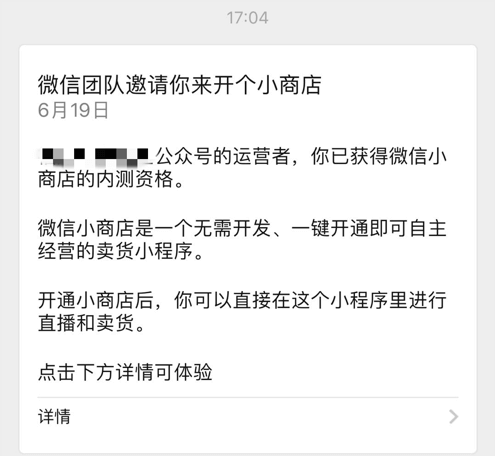
As of now, only WeChat public account users invited by Tencent to test the feature can set up a minishop. The invitation is limited to companies and individual business owners at this stage but is expected to expand to more users in the near future. However, there are still some basic qualifications businesses need to meet in order to apply for a minishop:
First, you need to have a WeChat public account that is a service account.
Second, your WeChat public account must be verified.
Third, you must enable WeChat Pay on your account.
Last but not least, WeChat Minishop is open to vendors with a Chinese business license. As of now the feature is not available to foreign entities.
Interested in opening a minishop or want to know more about how to partner with a Chinese business to take full advantage of WeChat’s ecosystem? Contact our experts today for a customized solution for your business.
















